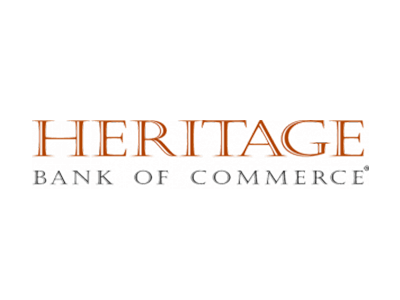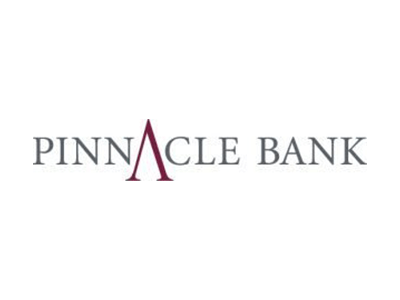Circle of Influence

Braccos

AWS

Bhandal

CLINE

Heritage

Pinnacle

GINA LOPEZ STATE FARM

Thrive

Valley Water

EZ Clean

Performance

Commonwealth
Upcoming Events

ShadowGuard: Essential Cybersecurity Best Practices for Businesses
Foundational Practices: Your Business's First Line of Defense
Adopting these core habits can significantly reduce your company's risk of falling victim to a cyberattack.
Implement a Strong Password Policy: Enforce a company-wide policy that requires employees to use long, complex, and unique passwords. The most effective way to manage this is to use an enterprise-level password manager, which can generate and securely store credentials for all staff, ensuring no one is reusing passwords across multiple services.
Mandate Multi-Factor Authentication (MFA): MFA adds a crucial layer of security to user accounts. Even if an attacker compromises an employee's password, they cannot gain access without a second form of verification, such as a code from a mobile app. Require MFA for all business applications, including email, cloud services, and internal systems.
Keep Software and Systems Up to Date: Timely software updates are vital for fixing security vulnerabilities. Cybercriminals often target unpatched systems to gain unauthorized access. Enable automatic updates for all company operating systems, applications, and network hardware. Regularly review and apply patches to all business-critical software.
Conduct Regular Cybersecurity Training: Human error is a leading cause of data breaches. Over 90% of successful attacks, like phishing, start with an employee clicking a malicious link. Train your staff to recognize and report phishing attempts, social engineering tactics, and other common threats. Make cybersecurity awareness a continuous part of your company culture.
Beyond the Basics: Strengthening Your Security Posture
For an even more resilient defense, consider these advanced practices.
Control Access and Permissions: Follow the principle of least privilege, which means giving employees access only to the data and systems they need to do their jobs. Regularly review user permissions and revoke access for employees who leave the company or change roles.
Secure Your Network: Use a business-grade firewall to monitor and control network traffic. Implement a secure Wi-Fi setup with a strong, non-default password and separate networks for guests and company devices. Consider using a Virtual Private Network (VPN) for remote employees to ensure their connection to the company network is encrypted and secure.
Regularly Back Up Your Data: In the event of a ransomware attack, hardware failure, or other data loss incident, a reliable and regularly tested backup is your safety net. Store backups in a secure, off-site location or use a reputable cloud backup service.
Employ Endpoint Protection: Install and maintain robust antivirus and anti-malware software on all company devices, including desktops, laptops, and mobile devices. These tools can detect, prevent, and remove malicious software before it can cause damage.
Develop an Incident Response Plan: No business is 100% immune to cyberattacks. Have a clear, step-by-step plan for what to do if a breach occurs. This plan should outline who to notify, how to contain the incident, and steps for recovery.
A Culture of Security
In a digital world, your business’s best defense is an informed and proactive team. By making these practices a regular part of your business operations, you are not only protecting your company's assets but also building a resilient foundation for long-term success.
What cybersecurity practices have been most effective for your business? Share your thoughts in the comments below.
Images

